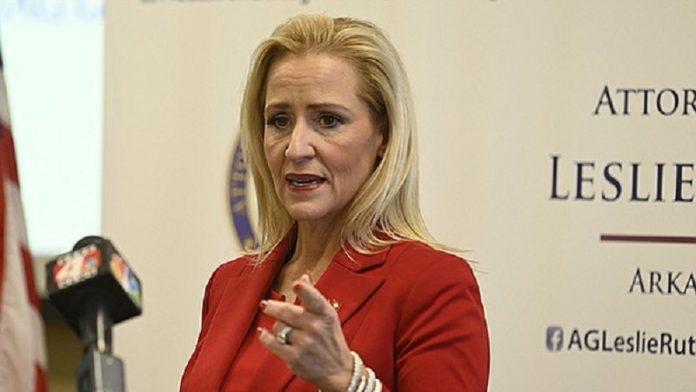Little Rock, Arkansas – On Wednesday in Little Rock, the Arkansas Attorney General’s office held a Stop Overdose Summitt.
Attorney General Tim Griffin claims that over 800 people in Arkansas have passed away from drug overdoses since 2014.
Those who assist individuals in recovering from addiction and who are striving to end overdose fatalities were invited to the summit, which was formerly known as the Prescription Drug Abuse Prevention Summit.
During his speech, the state’s drug director, Tom Fisher, mentioned that Arkansas remains the second-highest state in the nation for the prescription and distribution of opioids.
“Everyone in this room has a picture of what that looks like and no one has the same picture,” Fisher said.
Fisher acknowledged that there is occasionally a stigma associated with addiction, but emphasized that each person’s experience is unique.
“Maybe as a result of an injury,” Fisher said. “It could be something that went awry in the medical system versus those who started using for just a myriad of different reasons, or those who are experimenting but still resulting in the loss of life.”
Griffin announced twice that awards totaling more than $1 million would be awarded to address and prevent opioid addiction.
Griffin stated in the initial statement that the state had spent $232,880 on 5,680 naxalone kits for all state law enforcement.
In his second announcement, Griffin gave a check to Kristin Martin, M.D., citing her as one of the important contributors who introduced a concept that may aid individuals battling addiction throughout the state.
Griffin expressed his approval of the concept of a medical mobile clinic that could offer service in any town.
Any community in Arkansas can accommodate a clinically equipped medical RV that has everything we need to deliver the necessary services.
“We are proud to provide a check that will purchase this and get it going in neighborhoods and communities really fast, Griffin said. “Seven hundred and seventy thousand [will go] to the Arkansas Mobile Opioid Recovery [RV].”
Griffin stated that the RV was a reasonably priced means of providing resources and medical treatment to underserved as well as served communities.

